MLS Laser Therapy: Mechanism, Clinical Use, and Comparative Insights
MLS Laser Therapy uses dual wavelengths to reduce pain and inflammation through photobiomodulation. Learn about its mechanism, safety, and clinical uses.
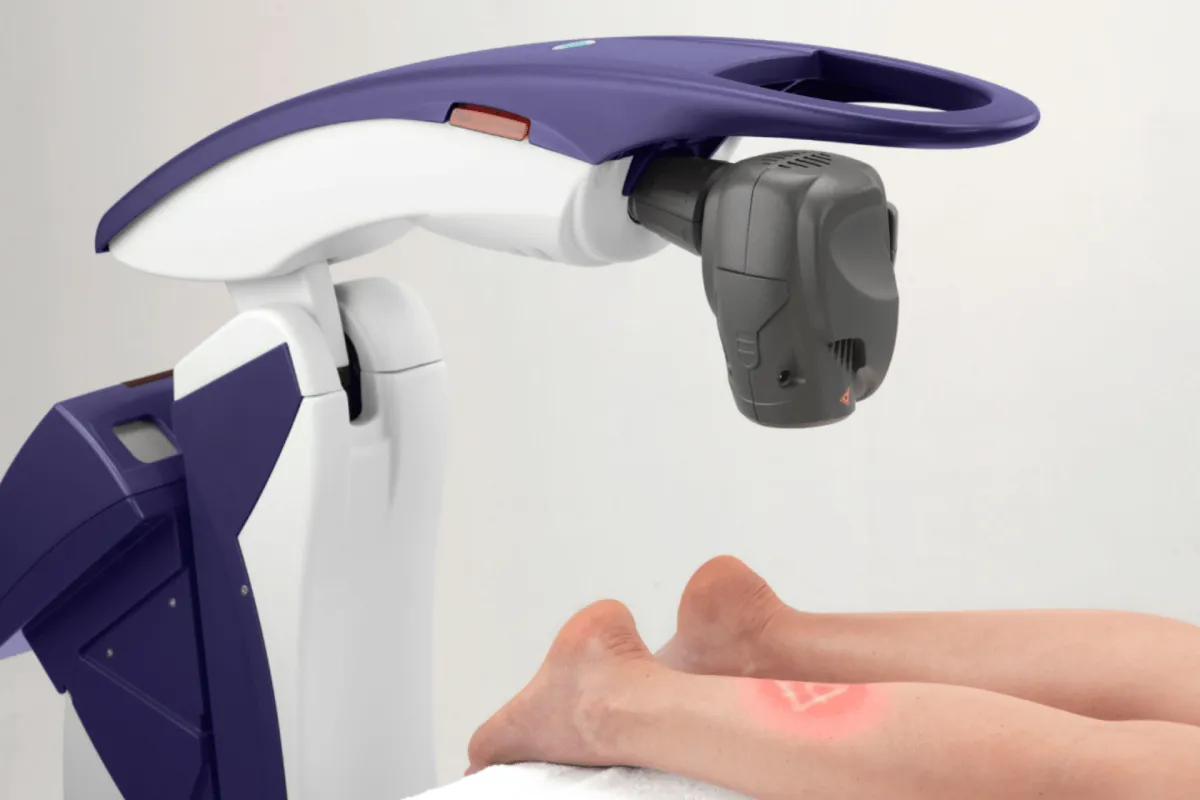
MLS Laser Therapy uses dual wavelengths to reduce pain and inflammation through photobiomodulation. Learn about its mechanism, safety, and clinical uses.
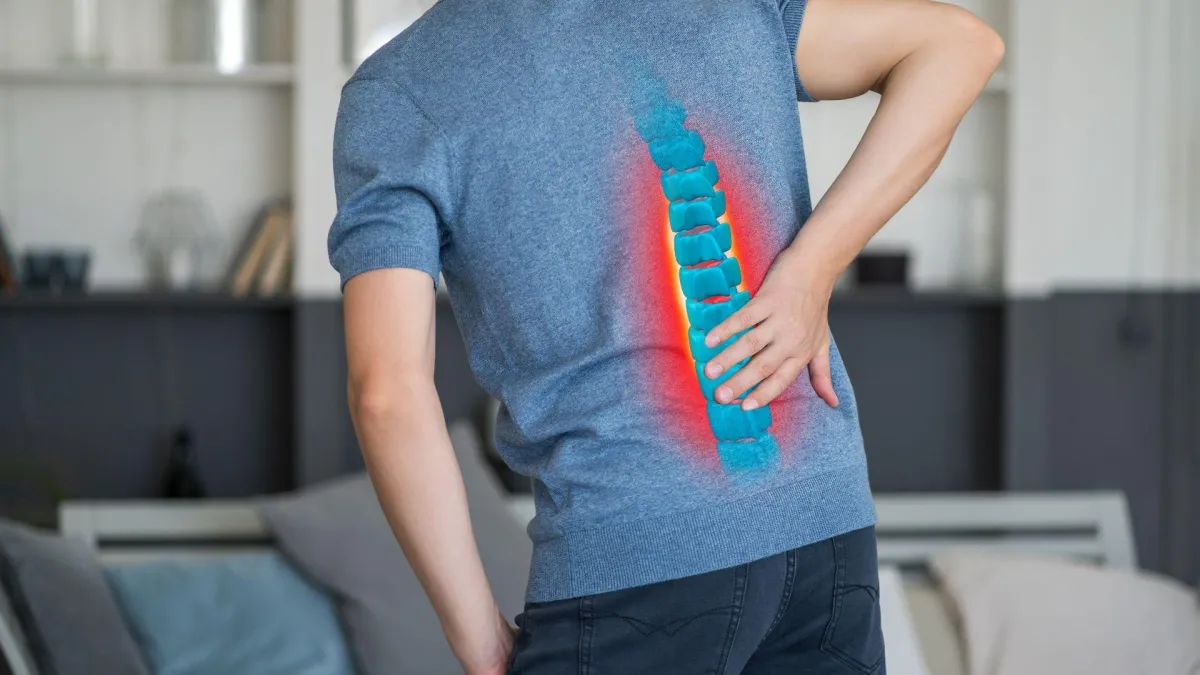
Dealing with sciatica pain? Learn what causes sciatica and the most effective non-surgical treatments to relieve nerve pain and restore mobility.
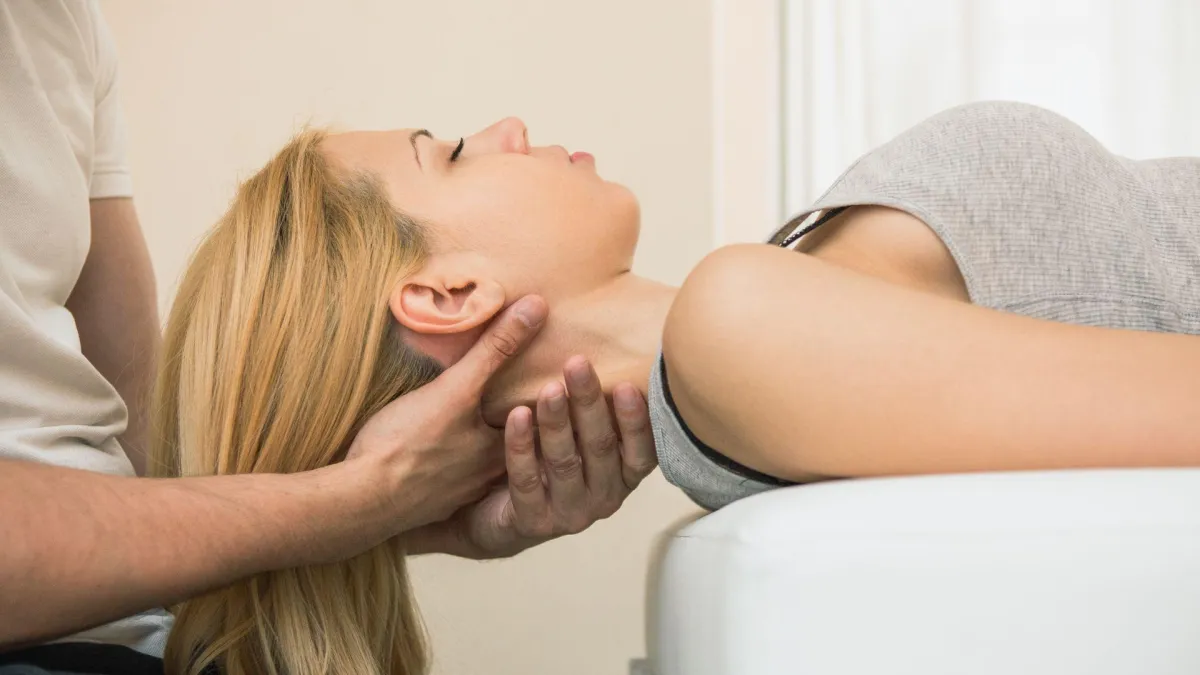
Not sure which massage is right for you? Learn the differences between Swedish, deep tissue, prenatal, and aromatherapy massage styles and their key benefits.
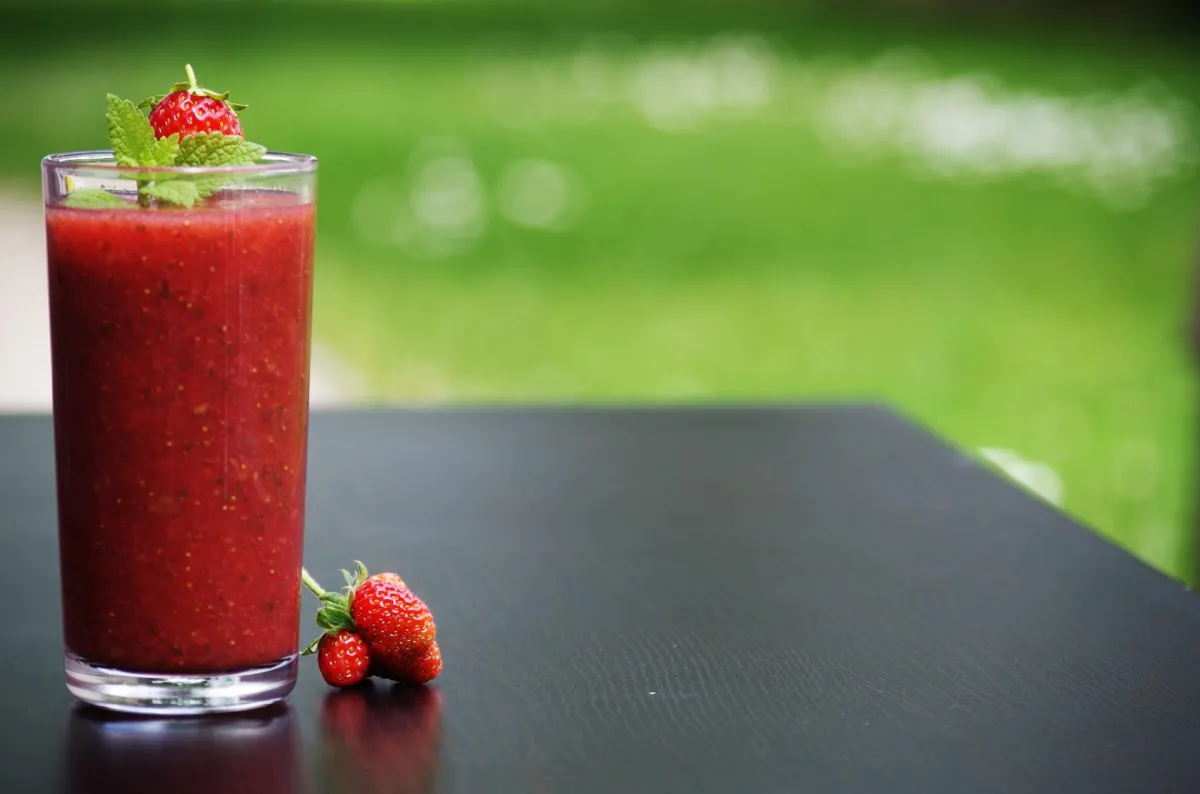
Discover how functional medicine targets root causes of weight gain, hormone imbalance, and fatigue with personalized care based on your body’s unique needs.

Learn how spinal decompression therapy relieves disc pain, sciatica, and herniations without surgery by creating space and promoting healing in the spine.
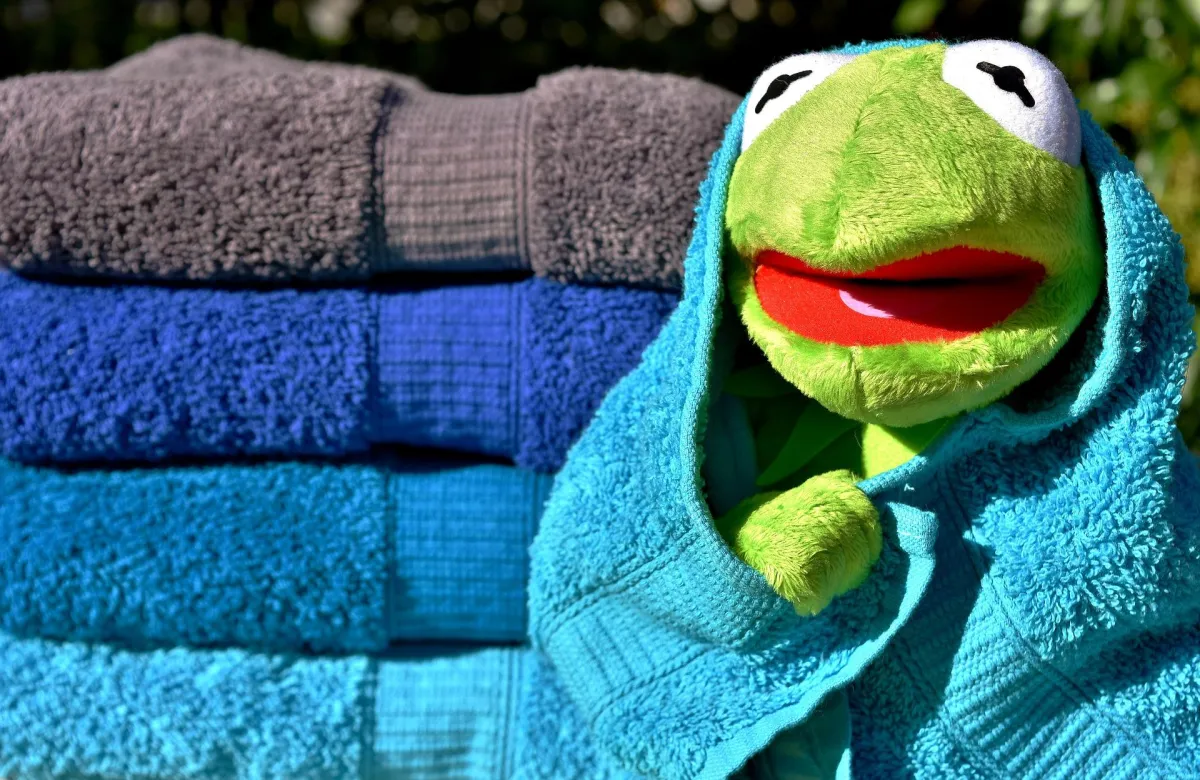
Can massage therapy help during cold and flu season? Learn when it helps your immune system and when it may actually make symptoms worse.

BUSINESS
SERVICES
SERVICE AREAS
OPERATING HOURS
Sun: Closed
Mon: 9:00am - 5:00pm
Tue: 9:00am - 5:00pm
Wed: 9:00am - 5:00pm
Thu: 9:00am - 5:00pm
Fri: 9:00am - 5:00pm
Sat: 9:00am - 5:00pm